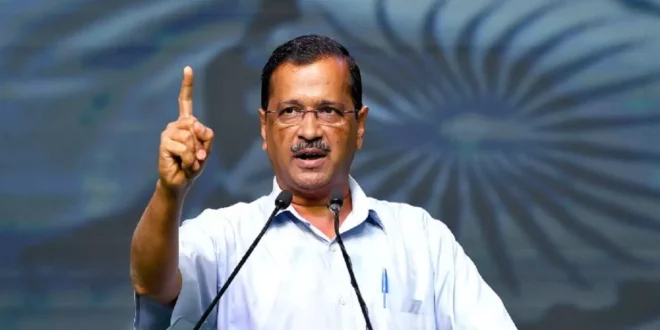New Delhi. Delhi Chief Minister Arvind Kejriwal did not appear for the third time on ED’s summons. Now in such a situation, when Delhi Chief Minister Arvind Kejriwal is not appearing before the ED, then what options are left with the ED and what does the law say about it? Let’s take a look. Under Section 19 of the Prevention of Money Laundering Act (PMLA), the ED has the right to arrest an accused if he does not appear for questioning even after three consecutive summons. However, for this it is necessary that he should have solid grounds for arrest.(arrest)
What does the Supreme Court say?
On the other hand, recently the Supreme Court had also told the ED during the hearing of a case that if someone is not cooperating in the investigation despite the summons of the ED, then this alone cannot be the basis for his arrest. An arrest can be made only when the officer has reason to believe that the accused is involved in a crime.
In October, the Supreme Court had made this comment while declaring the arrest of two directors of a real estate firm under the Money Laundering Act as illegal.
Summons declared illegal
Chief Minister Arvind Kejriwal did not appear for the third time on the summons of ED (Enforcement Directorate) in the excise scam. Kejriwal has responded to the summons of ED. Kejriwal sent a written reply to the ED summons calling it illegal. In a letter to ED, Kejriwal said that he is busy with Rajya Sabha elections and Republic Day preparations, but is ready to answer any questionnaire of the agency.
AAP national convenor Kejriwal asked the agency to respond to his earlier letters in which he had sought information on issues related to being called for questioning/investigation.
CM Kejriwal did not appear before also
Kejriwal had earlier refused to appear before the ED on two summons dated November 2 and December 21 and termed the notices as ‘illegal’ and ‘politically motivated’.
 Indian Thought Latest News & Views
Indian Thought Latest News & Views



